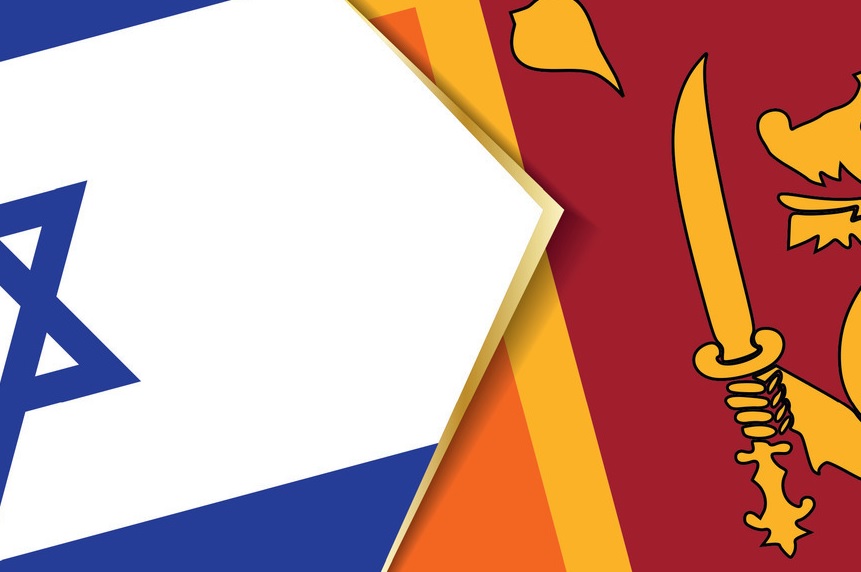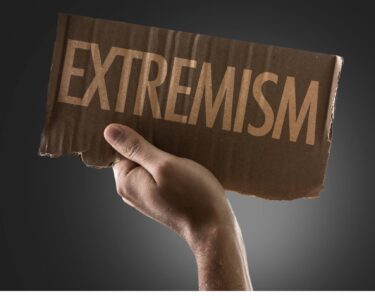A recent Al Jazeera investigation sheds light on growing tensions between Sri Lankans and Israeli tourists, particularly in Arugam Bay, a famous surf destination on the country’s east coast. What began as a dispute over surf etiquette between Sri Lankan surfer Jeevan Hall and an off-duty Israeli soldier quickly escalated, with the Israeli group accusing the locals of bias due to Israel’s ongoing war in Gaza.

Hall, backed by local surfers, insisted the issue was purely about surfing rules, but the incident reflects broader frustrations with Israeli tourists, many of whom are former or current reservists who served in Gaza. The situation underscores the wider geopolitical tensions affecting local communities, who are increasingly uncomfortable with the presence of Israeli nationals due to their country’s involvement in war crimes and the ongoing conflict in Gaza.
A Changing Tourist Landscape
For years, Sri Lanka has been a popular destination for young Israeli backpackers, especially former soldiers traveling after their compulsory military service. The number of Israeli visitors surged from 9,000 in 2022 to nearly 20,000 in 2024, with many seeking refuge from the psychological toll of war. In Arugam Bay, Hebrew-language signs, Israeli-owned businesses, and an established Israeli enclave illustrate their deep presence in the area.
However, anti-Israel sentiment has grown significantly. Activists argue that Israeli tourists in Sri Lanka are not just travelers but soldiers who participated in alleged war crimes. Reports of physical altercations, illegal businesses, and war criminals vacationing freely have heightened tensions.
Local businesses and residents have voiced growing discontent with the influx of Israeli reservists, arguing that their actions in Gaza are affecting the perception of Israeli tourists worldwide. Shiro Jeyawadne, a Sri Lankan who works in restaurants and bars along the coast, noted that many Israelis seem indifferent to the tensions surrounding their presence, with some locals even feeling unsafe due to the group mentality often displayed by Israeli tourists.
Illegal Businesses and Security Controversies
While Sri Lanka’s economy relies heavily on tourism, there is growing concern over illegal Israeli-run businesses. Many Israeli nationals have set up restaurants, wellness studios, and nightlife venues—without proper permits—and are allegedly bypassing local regulations with the help of corrupt officials. According to activist Serena Burgess, some of these businesses funnel profits back to Israel, raising ethical concerns.
In December 2024, outrage grew when Sri Lankans discovered Israeli soldier Gal Ferenbook—accused of war crimes in Gaza—vacationing in Colombo. After international activists demanded his arrest, he fled Sri Lanka, reportedly with the help of Israeli officials. The incident highlighted the growing unease among Sri Lankans about the presence of Israeli soldiers—particularly those linked to controversial actions during the war.
Growing Calls for a Ban on Israeli Travelers
Sri Lanka is now being urged to follow the footsteps of Indonesia and the Maldives, both of which have banned Israeli passport holders. Some believe barring Israeli visitors would attract more ethically conscious tourists who have been hesitant to visit due to the dominance of Israeli reservists.
Local residents such as Jack Campbell, a long-term expat from Australia, expressed frustration over the overwhelming presence of Israeli nationals, particularly those who align themselves with the political actions of Israel. Campbell suggests that an influx of more diverse tourists would shift the local culture in a way that makes the environment feel safer and more inclusive.
Government Response and Strategic Ties with Israel
Despite growing public anger, Sri Lanka’s government has not officially restricted Israeli travelers. Authorities even deployed security forces to protect Jewish centers, including Chabad House in Colombo, despite claims that it was illegally built. This sparked further controversy, with critics questioning why Sri Lankan defense forces are protecting Israeli institutions while ignoring calls for accountability.
Sri Lanka’s decades-long military ties with Israel—including arms deals during the country’s civil war—are seen as a major reason for the government’s reluctance to take stronger action. Jeyawadne, a local worker, explained that these connections likely led to the continued protection of Israeli institutions in the country, particularly given that Israel provided weapons to Sri Lanka during the civil war against the Tamil rebels.
What’s Next?
With rising anti-Israel activism, increasing scrutiny of Israeli businesses, and ongoing economic struggles, Sri Lanka’s new NPP government faces a critical decision: whether to prioritize ethical concerns or maintain its strategic and economic ties with Israel. Many Sri Lankans believe it is time for accountability and stricter measures against those suspected of war crimes.
As activist Serena Burgess put it: “No more excuses. No more silence. It’s time we started to take back control.” The question remains whether Sri Lanka will act on this growing dissatisfaction and take a stand against the presence of Israeli soldiers and businesses on its soil.







